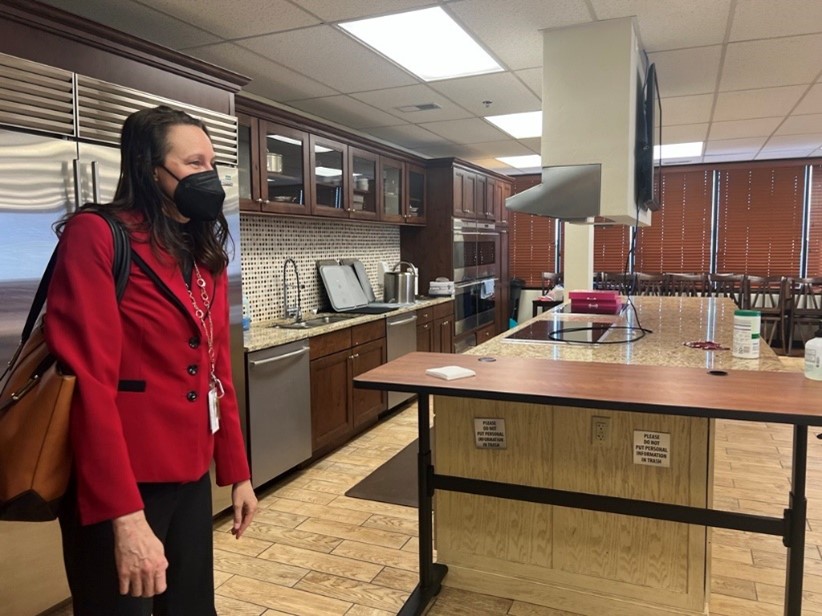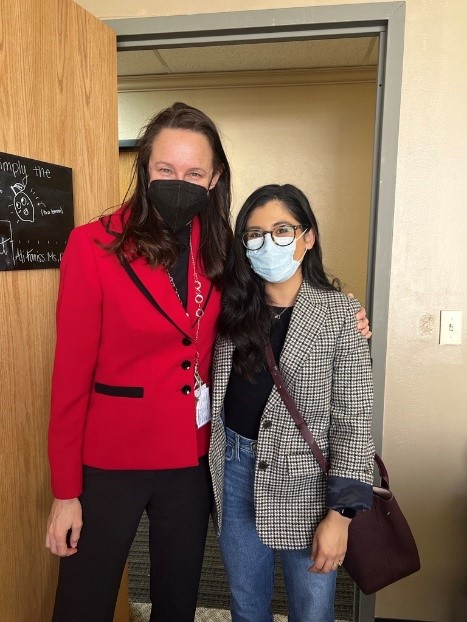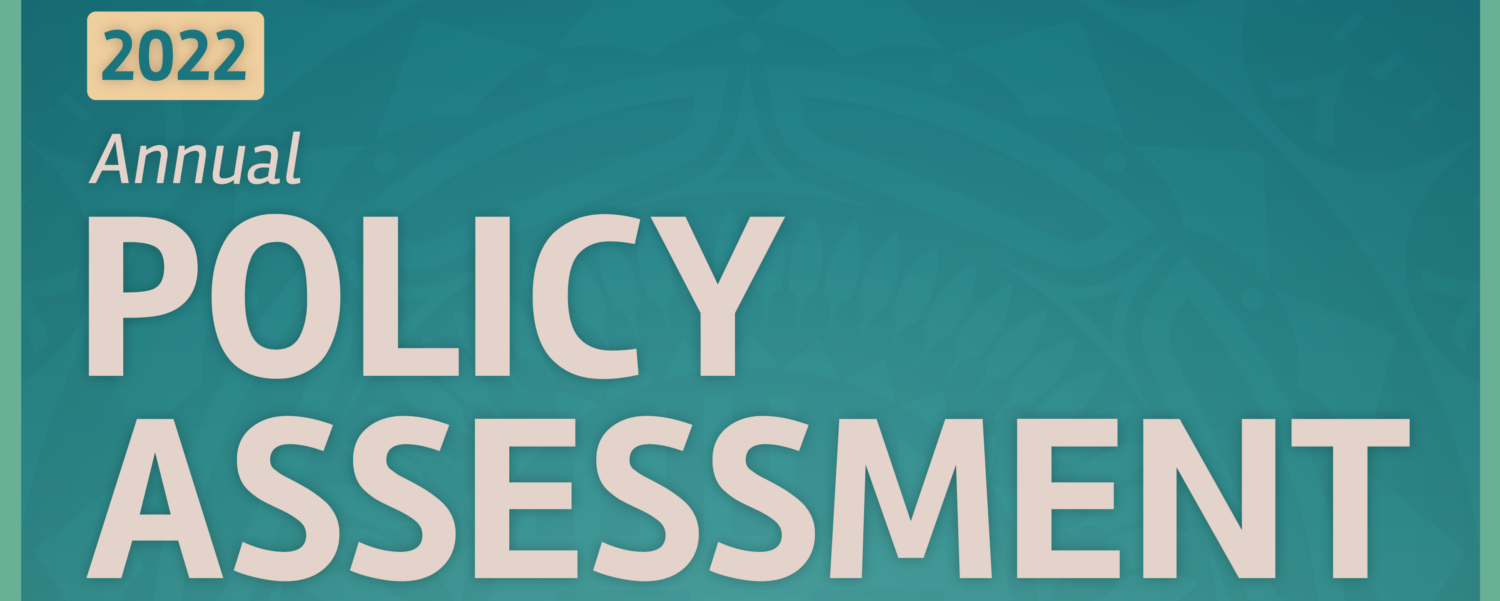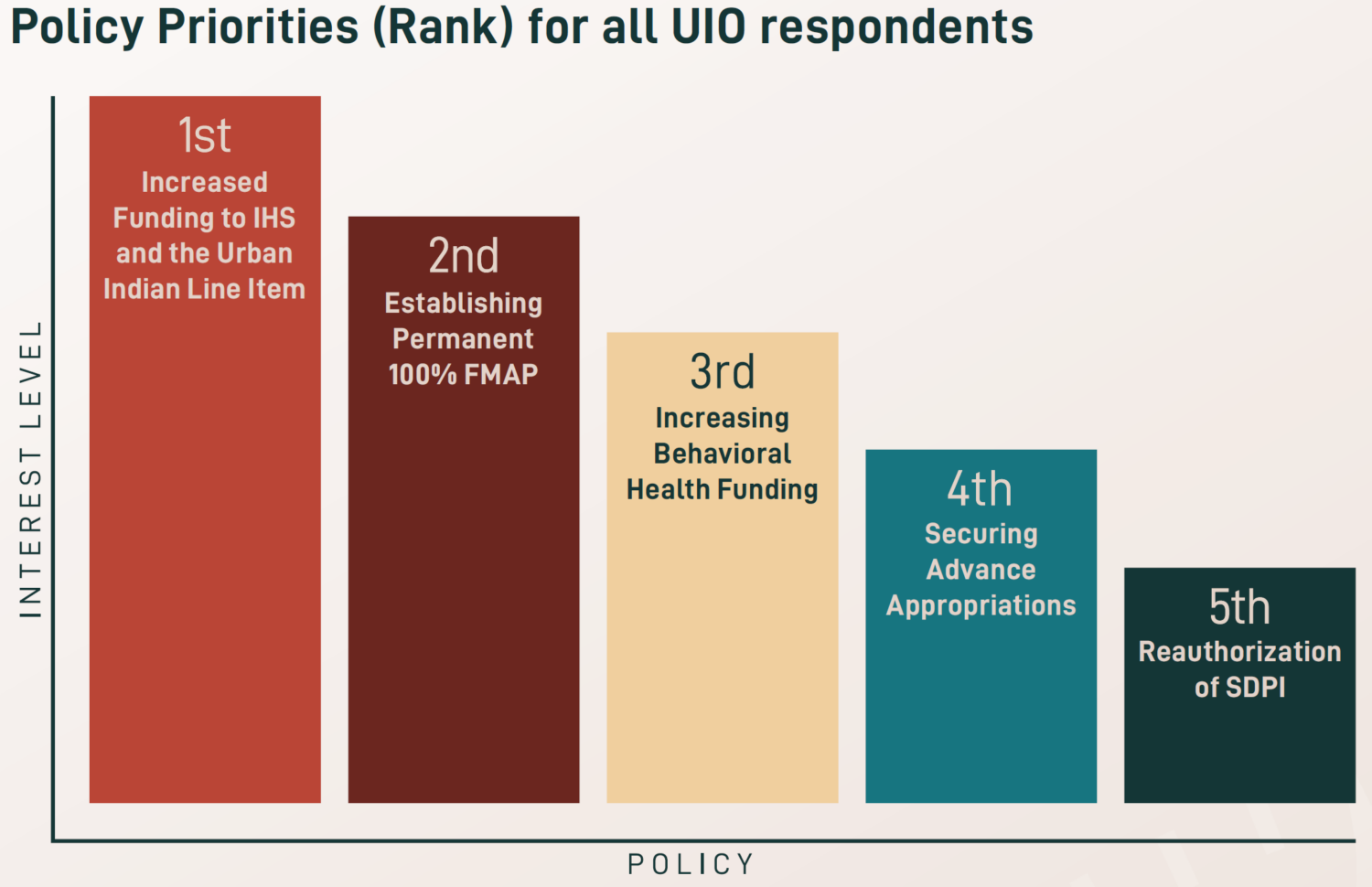In October 2022, the Oklahoma City Indian Clinic (OKCIC), one of the 41 Urban Indian Organizations (UIOs) serving the more than 70% of American Indian and Alaska Native (AI/AN) individuals living in urban areas, announced their purchase of a new clinic building in Oklahoma City, Oklahoma. “This building is larger than our other locations” says Oklahoma City Indian Clinic’s Chief Operating Officer Lysa Ross. “The extra space will give us more opportunities to expand services and continue providing excellent health care to American Indians.” In 2021, The National Council of Urban Indian Health (NCUIH) worked tirelessly to include the Padilla-Moran-Lankford Urban Indian Health amendment to the bipartisan infrastructure package which allows UIOs to use existing Indian Health Service (IHS) funding for facilities improvement and renovations.
The clinic plans to renovate the nearly 65,000 square foot structure, with six-stories, to hold primarily women’s health and pediatric services. Their pediatric department offers several specialty clinics, including an asthma and a foster care clinic. Well-child visits, same-day visits, physical examinations, immunizations, and vision and hearing checks will also be procedures provided in the new building. The women’s health department at Oklahoma City Indian Clinic offers birth control, preventative health and wellness services and prenatal care, including delivery options.
The new building is still undergoing renovations, but OKCIC plans to see patients at this new location in 2023.
Background
NCUIH has worked on a bipartisan basis for legislation that that would expand the use of existing IHS resources under Section 509 of the Indian Health Care Improvement Act (IHCIA) (25 U.S.C. § 1659) to increase the funding authority for renovating, constructing, and expanding UIOs. In August 2021, NCUIH successfully advocated for the Padilla-Moran-Lankford Urban Indian Health Amendment to be included in the bipartisan infrastructure package, which allows UIOs to use existing IHS funding for infrastructure projects.
Prior to the passage of the bipartisan infrastructure package with this amendment, IHS did not have funding allocated specifically for use toward UIO facilities, maintenance, sanitation or medical equipment, nor could UIOs use their contract funds to make such purchases or payments. At the height of the pandemic, while the whole IHS system transitioned to telehealth, negative pressurizing rooms and other facility renovations that were needed to safely continue to see patients, restrictions within the relevant statutory text would not allow UIOs to spend their funds to make similar such transition. Section 509 of the Indian Health Care Improvement Act (IHCIA), where the technical fix this amendment provided exists, only allowed IHS to provide UIOs with funding for minor renovations and to assist UIOs in meeting or maintaining compliance with The Joint Commission (TJC) accreditation standards.
Prior to the passage of the Padilla-Moran-Lankford amendment, in May, Congressmen Ruben Gallego (D-AZ) and Don Bacon (R-NE) introduced the Urban Indian health Facilities Provider Act (H.R. 3496) in the House of Representative, expanding the use of existing IHS resources under Section 509 to increase the funding authority for renovating, constructing, and expanding UIOs. An identical bill was introduced at the same time in the Senate (S. 1797) by Senators Alex Padilla (D-CA) and James Lankford (R-OK), with initial co-sponsors including Senators Moran (R-KS), Feinstein (D-CA) and Smith (D-MN) who is on the Senate Committee on Indian Affairs.
NCUIH also testified in support of the Urban Indian health Facilities Provider Act before both the House Natural Resources Subcommittee for Indigenous Peoples of the United States (SCIP) and the Senate Committee on Indian Affairs (SCIA) in May of 2021. Sonya Tetnowski (Makah Tribe), Chief Executive Officer of the Indian Health Center of Santa Clara Valley and the NCUIH President-Elect at the time of the hearing, testified before SCIP, and Robyn Sunday-Allen (Cherokee), Chief Executive Officer of the Oklahoma City Indian Clinic and NCUIH Vice President, testified before SCIA.





 The National Council of Urban Indian Health (NCUIH) is pleased to announce the release of its
The National Council of Urban Indian Health (NCUIH) is pleased to announce the release of its  After the height of the COVID-19 pandemic, newfound priorities were identified for 2023, including workforce development and retention, increased funding for traditional healing, and expanded access to care and telehealth services. Existing priorities also remain a key focus across UIOs, especially increasing funding amounts for the urban Indian health line item and IHS, maintaining advance appropriations for IHS, establishing permanent 100% Federal Medical Assistance Percentage (FMAP) for UIOs, reauthorizing the Special Diabetes Program for Indians (SDPI), and increasing behavioral health funding.
After the height of the COVID-19 pandemic, newfound priorities were identified for 2023, including workforce development and retention, increased funding for traditional healing, and expanded access to care and telehealth services. Existing priorities also remain a key focus across UIOs, especially increasing funding amounts for the urban Indian health line item and IHS, maintaining advance appropriations for IHS, establishing permanent 100% Federal Medical Assistance Percentage (FMAP) for UIOs, reauthorizing the Special Diabetes Program for Indians (SDPI), and increasing behavioral health funding.